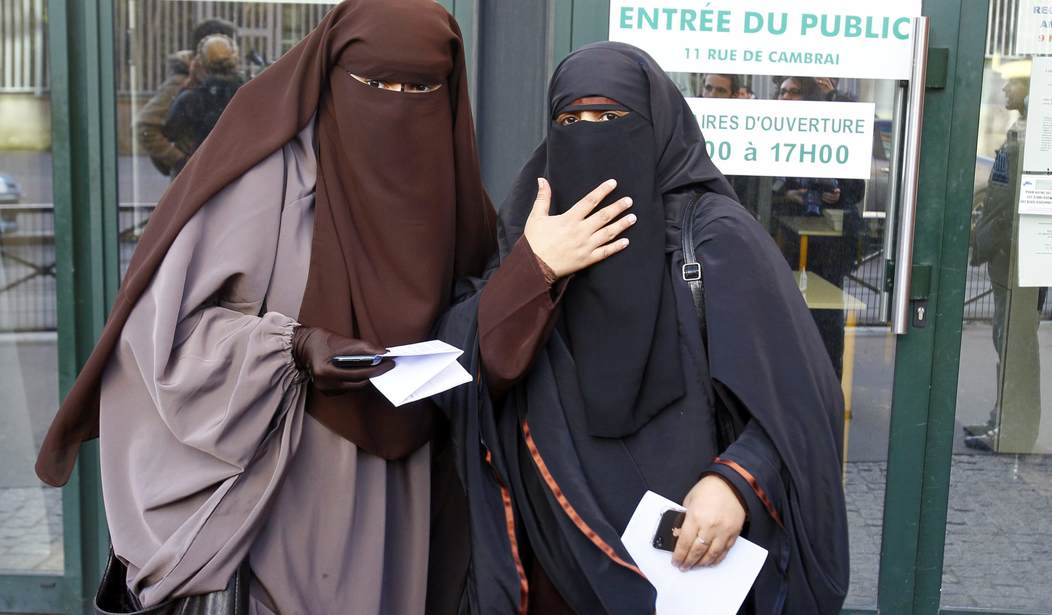The United Nations Human Rights Committee today ruled that the niqab ban in France violated the human rights of two Muslim women who filed complaints with the world body.
The niqab veil covers a woman’s head and face, with a small opening for the eyes. In 2010, France passed a law stating that “no one may, in a public space, wear any article of clothing intended to conceal the face.”
About five million Muslims reside in France; the number of women who wear the niqab there is estimated to be less than 2,000.
Violation of the law results in a fine that amounts to $170. In 2012, two French women were convicted under the law and subsequently filed complaints to the UN Human Rights Committee, which is not a body composed of representatives from member states but a panel of 18 experts mandated by the International Covenant on Civil and Political Rights.
The committee said in a statement today that they “found that the general criminal ban on the wearing of the niqab in public introduced by the French law disproportionately harmed the petitioners’ right to manifest their religious beliefs, and that France had not adequately explained why it was necessary to prohibit this clothing.”
“In particular, the Committee was not persuaded by France’s claim that a ban on face covering was necessary and proportionate from a security standpoint or for attaining the goal of ‘living together’ in society,” the statement continued. “The Committee acknowledged that States could require that individuals show their faces in specific circumstances for identification purposes, but considered that a general ban on the niqab was too sweeping for this purpose.”
The committee also concluded that the ban, “rather than protecting fully veiled women, could have the opposite effect of confining them to their homes, impeding their access to public services and marginalizing them.”
This is the first time the committee has weighed such a case. France will have 180 days to report back to the committee on how it plans to avoid similar human rights violations in the future, and how it will compensate the women who filed the complaint.
Yuval Shany, chairman of the committee and an Israeli law professor, said in his own statement that “the decisions are not directed against the notion of secularity (laïcité), nor are they an endorsement of a custom which many on the committee, including myself, regard as a form of oppression of women.”
Instead, he said, the ruling reflected whether a balance was struck between personal rights and the public interest.









Join the conversation as a VIP Member